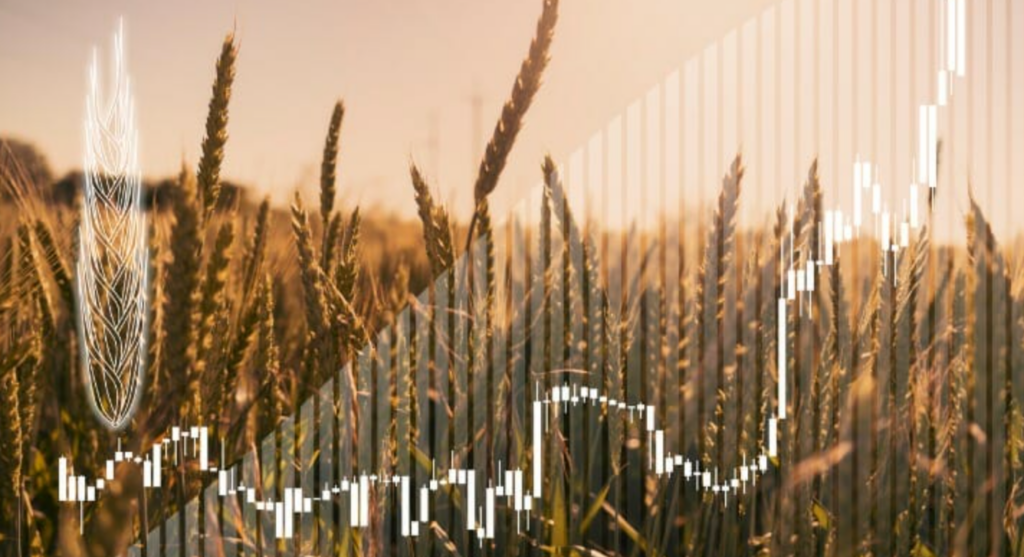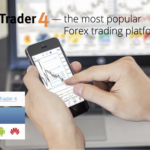
The commodity market plays a crucial role in the global economy, affecting industries and consumers alike. As we approach the new year, it is essential to understand the current state of the commodity market and gain insights into the expected trends for 2023.
The Current State of the Commodity Market
In 2021, the commodity market witnessed significant volatility due to the ongoing COVID-19 pandemic and geopolitical tensions. However, the market has shown resilience and has started to stabilize. Prices of key commodities such as crude oil, gold, copper, and agricultural products have been gradually recovering.
With the global economy gradually reopening and demand picking up, the commodity market is expected to continue its recovery. However, several key trends and predictions are worth considering as we move forward.
Key Trends and Predictions for 2023
1. Inflationary Pressures: Inflation concerns have been rising, with central banks closely monitoring the situation. Higher demand for commodities, coupled with supply chain disruptions, may further contribute to inflationary pressures in 2023.
2. Renewable Energy Transition: The global shift towards renewable energy sources is gaining momentum. This transition will significantly impact the commodity market, particularly in the demand for metals like lithium, cobalt, and nickel used in electric vehicle batteries.
3. Supply Chain Resilience: The disruptions caused by the pandemic highlighted the importance of building resilient supply chains. Companies will focus on diversifying suppliers and reducing dependence on single regions, affecting the dynamics of commodity demand and supply.
4. Emerging Markets Growth: Emerging economies, such as China and India, continue to drive global growth. The increasing middle-class population in these countries will fuel demand for commodities, especially in sectors like construction, infrastructure, and consumer goods.
5. Climate Change and Environmental Regulations: With growing concerns about climate change, governments worldwide are implementing stricter environmental regulations. This will impact commodity prices, as companies will be required to adopt sustainable practices and reduce carbon emissions.
Table: Comparison of Alternative Commodities
| Commodity | Definitive Features |
|---|---|
| Crude Oil | Key energy source, highly volatile |
| Gold | Safe-haven investment, hedge against inflation |
| Copper | Indispensable for electrical wiring and infrastructure |
| Agricultural Products | Includes crops such as wheat, corn, soybeans |
FAQs (Frequently Asked Questions)
Q: Will commodity prices continue to rise in 2023?
A: While some commodities may experience price increases, it is difficult to generalize as factors like demand-supply dynamics and global economic conditions influence prices. Continuous monitoring and analysis are essential to gain an accurate understanding.
Q: How can investors take advantage of opportunities in the commodity market?
A: Investors can consider diversifying their portfolios by allocating a portion to commodities through exchange-traded funds (ETFs), futures contracts, or investing in commodity-based company stocks. However, thorough research and risk management are crucial.
Q: What is the impact of geopolitical tensions on the commodity market?
A: Geopolitical tensions, such as trade disputes or regional conflicts, can significantly affect the commodity market. Restrictions on imports or exports can disrupt supply chains and lead to price fluctuations.
Conclusion
The commodity market in 2023 is expected to witness both challenges and opportunities. As the global economy recovers, factors such as inflation, renewable energy transition, supply chain resilience, emerging markets’ growth, and environmental regulations will significantly impact commodity prices and demand. Investors and market participants must stay informed and adapt their strategies accordingly to navigate the ever-changing commodity market landscape.







